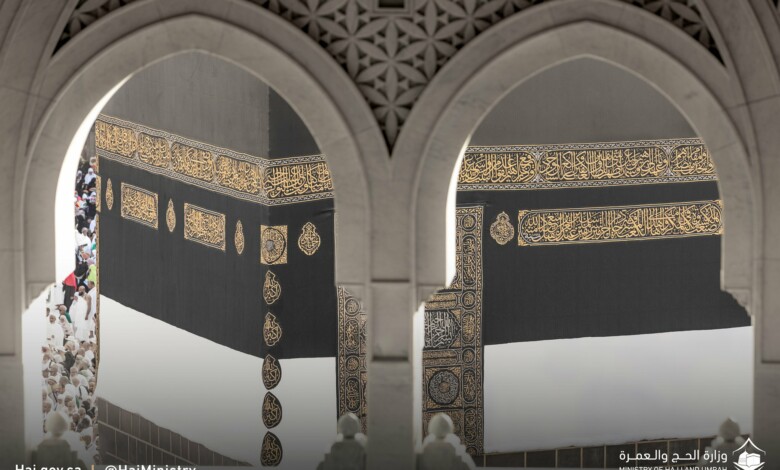Justice: a fundamental principle in Islam

All praise is for Allah. We praise Him, we seek His assistance and ask for His forgiveness. And we seek refuge in Him from the evils of our selves. Whoever Allah guides, none can misguide. Whoever He misguides, none can guide. And I bear witness that there is no deity worthy of worship other than Allah and I bear witness that Muhammad (peace be upon him) is His slave and messenger.
Dear brothers and sisters in faith,
Today, we reflect on a fundamental principle that underlies the very fabric of our faith: justice. Justice is a concept that permeates every aspect of our lives, from our personal relationships to our collective responsibility as a community. It is a value that is deeply ingrained in the teachings of our beloved Prophet Muhammad (peace be upon him) and the revelations of the Qur’an.
Allah says in Surat Al-Nahl, verse 90; “Allah commands justice, the doing of good, and liberality to kith and kin, and He forbids all shameful deeds, and injustice and rebellion: He instructs you, that you may receive admonition.” (Qur’an 16: 90).
The pursuit of justice is a divine mandate, a commandment that resonates throughout the Qur’an. In Surah Al-Nisa’, Allah instructs us, “O you who believe! Stand firm for justice as witnesses for Allah even if it is against yourselves, your parents, or close relatives. Be they rich or poor, Allah is best to ensure their interests.” (Qur’an 4:135) This verse emphasizes the importance of upholding justice without bias or prejudice, even when it is difficult or uncomfortable.
The Prophet (peace be upon him) reinforced this message in his teachings when he said, “The merciful ones will be shown mercy by the All-Merciful. Have mercy on those who are on earth, and the One in the heavens will have mercy on you.” (Tirmidhi). This hadith highlights the interconnectedness of justice and compassion, reminding us that our treatment of others has a direct impact on our own spiritual well-being.
Justice is not limited to grand acts or monumental decisions. Rather, it is manifest in our daily interactions, our relationships, and our choices. It is in the fair treatment of our families, the honesty in our business dealings, and the compassion we show to those in need. As Allah says, “And be equitable, for Allah loves those who are equitable.” (Qur’an 49:10)
But justice is not only a personal virtue; it is also a collective responsibility. As a community, we are tasked with creating a society that upholds justice, where the rights of all individuals are protected and respected. The Prophet (peace be upon him) said, “A Muslim is the brother of another Muslim. He should not oppress him, nor should he leave him alone in a difficult situation.” (Muslim)
In our pursuit of justice, we must also recognize the importance of forgiveness and mercy. Allah says, “The recompense for an evil is an evil like thereof, but whoever forgives and makes reconciliation – his reward is with Allah.” (Qur’an 42:40) This verse reminds us that forgiveness and mercy are essential components of justice, allowing us to break free from cycles of vengeance and retaliation.
As we strive to create a more just and compassionate society, we must also acknowledge the challenges and obstacles that lie ahead. We will face difficulties, setbacks, and temptations, but we must remain steadfast in our commitment to justice. The Prophet (peace be upon him) said, “The believer is not he who commits injustice, nor does he deviate from the truth.” (Tirmidhi)
In conclusion, dear brothers and sisters, let us recommit ourselves to the pursuit of justice, a value that lies at the very heart of our faith. May our actions be guided by the principles of fairness, compassion, and mercy, and may our collective efforts create a society that reflects the beauty and wisdom of Islam.
Jazakum Allahu khairan.





